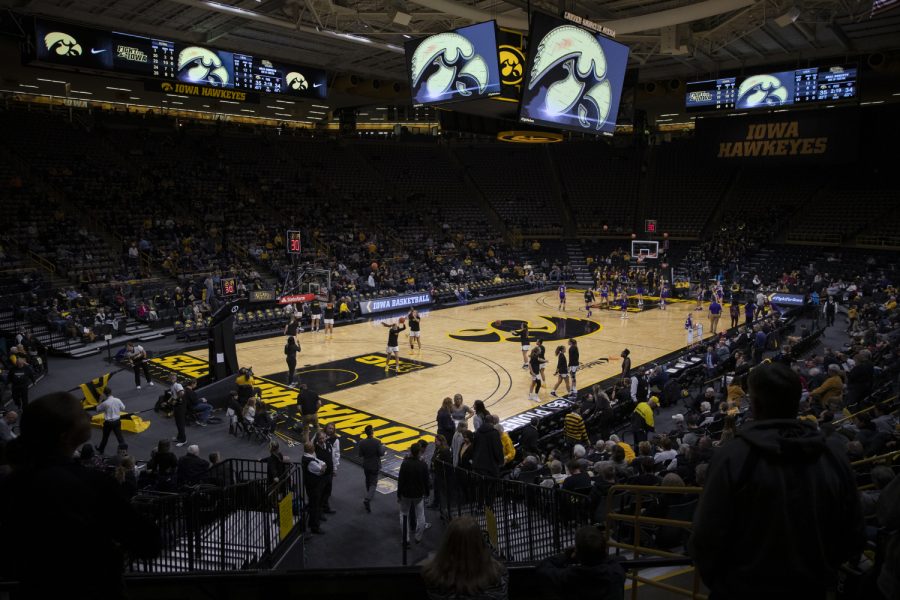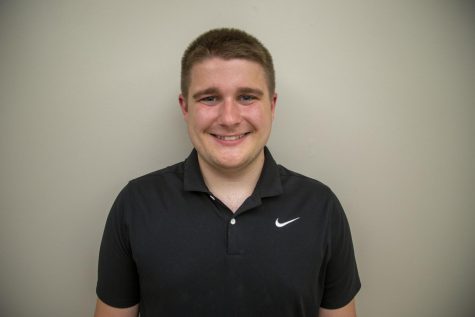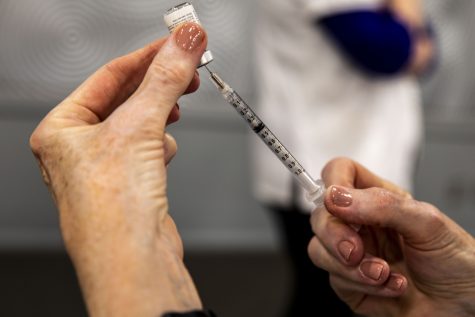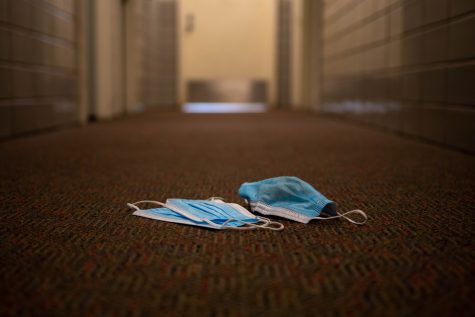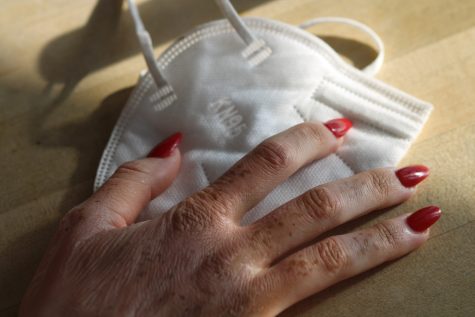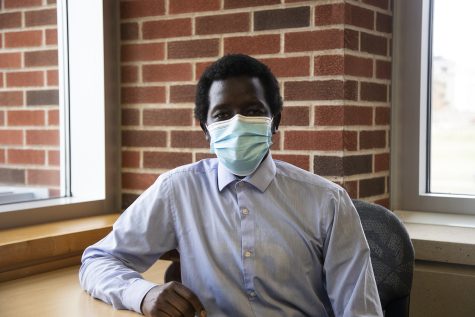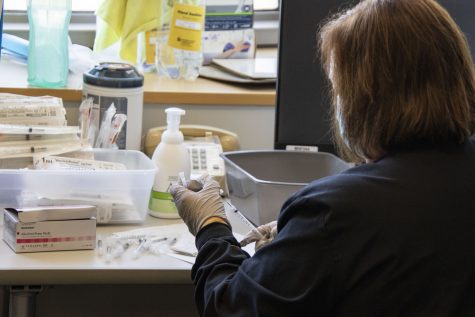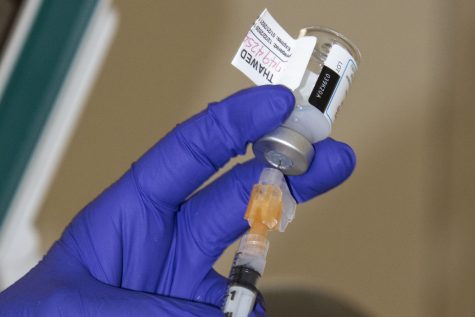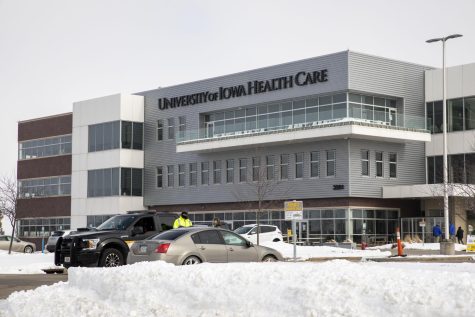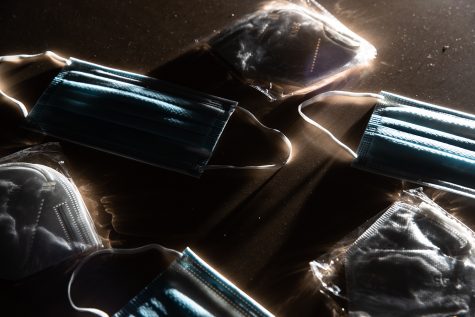Iowa Athletics Department reports latest COVID-19 testing results
Five positive tests and 65 negative tests were received during the week of July 27 – August 2.
Carver Hawkeye Arena is seen during a Women’s basketball game between Iowa and North Alabama on Thursday, Nov. 14, 2019. The Hawkeyes defeated the Lions, 86-81.
August 3, 2020
The Iowa Athletics Department announced Monday that it conducted 70 COVID-19 tests for the week of July 27 – August 2 and received five positive tests and 65 negative tests.
As part of Iowa’s return to campus protocol, testing began May 29 and includes student-athletes, coaches, and staff. A total of 32 positive tests and 571 negative tests have been received.
According to a release, following the positive test result, protocol established by UI Athletics and medical staff, including contact tracing procedures, is being followed to ensure the safety of all UI Athletics student-athletes and staff. This mandatory protocol also includes isolation for the individuals who test positive, and quarantine for those individuals who might have been exposed to someone with the virus.
The Iowa men’s basketball team announced July 28 that it was pausing its voluntary workouts for 14 days after two players on the team tested positive for COVID-19 on July 27. In a video conference Sunday, Iowa head coach Fran McCaffery said that a total of three players had now tested positive.
“So, we’re supporting them and recognizing that while [deciding how the season will look] is the most important thing, seemingly — really, the most important thing this morning was making sure our three guys are doing OK [and] everyone else is doing OK,” McCaffery said.
Aside from the men’s basketball update, Iowa has not provided a testing breakdown by sport, or said if the positive cases are from student-athletes, coaches, or staff members. But head coach Kirk Ferentz confirmed July 16 that the football program has had individuals test positive for COVID-19.
“We’ve experienced some [COVID-19] within our program,” Ferentz said. “If there are any positives at this point, the symptoms have been relatively minor. No one has been affected greatly. Certainly no hospitalizations, those types of things. That’s been good. We’re getting good medical support.”
“It’s brought a lot of unique challenges, especially with all the people who pop up with [the virus] and then people around them have to be quarantined,” Iowa center Tyler Linderbaum said July 16. “We’re just taking it a day at a time. Each workout could be your last one for two weeks. Guys are realizing that you have to be smarter outside with what you do and the places you go.”
The Iowa football team returned for voluntary workouts June 8 and the men’s and women’s basketball teams followed on June 15. Others programs returned after the football and men’s and women’s basketball teams.
On July 9, the Big Ten announced that, due to concerns surrounding the COVID-19 pandemic, it will be moving to conference-only schedules for fall sports in 2020.
By limiting competition to only other Big Ten schools, the conference said in a statement that it will have the “greatest flexibility to adjust its own operations throughout the season and make quick decisions in real-time based on the most current evolving medical advice and the fluid nature of the pandemic.”
Big Ten Commissioner Kevin Warren sent out a letter to the conference’s athletic directors July 30 and wrote that medical policies and COVID-19 testing procedures for the conference will be released this week.
Warren also wrote that the start of training camps may be pushed back due to health concerns. The Iowa football team is currently scheduled to start fall camp August 7.
Updates Big Ten schedules are also expected to be released this week, though that does not guarantee those schedules will be played.
“While we remain hopeful for a start in September 2020, flexibility has been created within our scheduling models to accommodate necessary adjustments,” Warren’s letter stated. “Consistent with our collective need to be adaptable to changes in circumstances and evolving medical knowledge, even issuing a schedule does not guarantee that competition will occur.”



